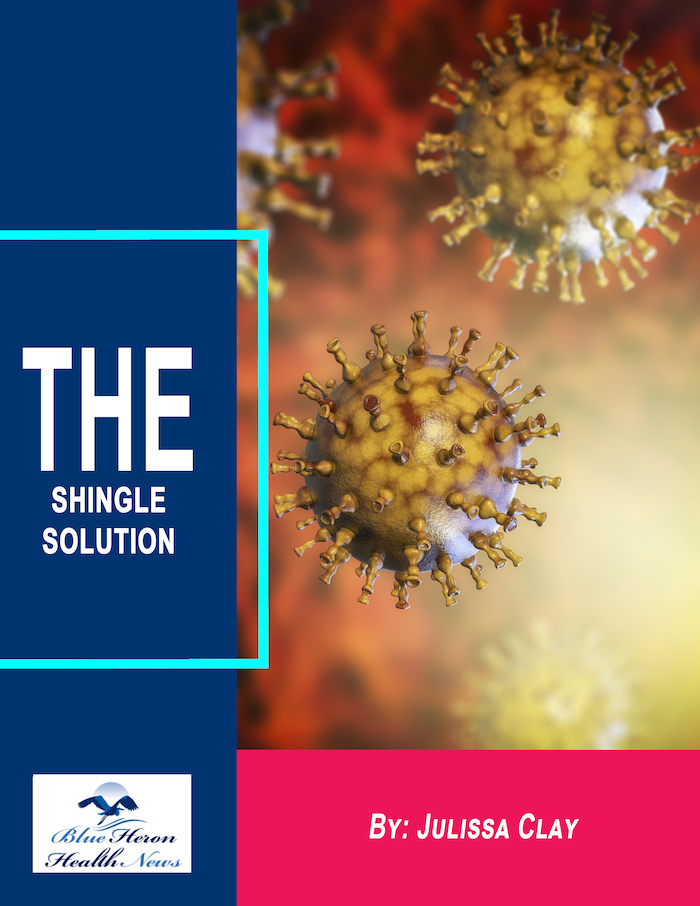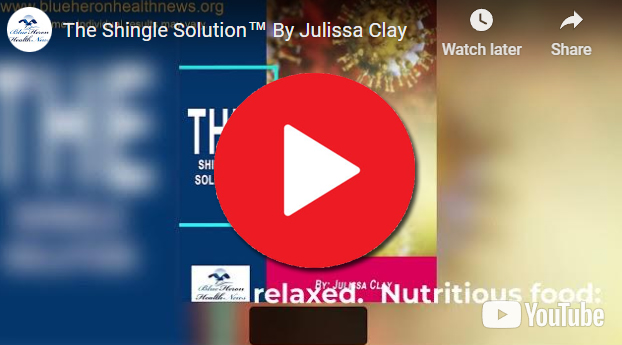
The Shingle Solution™ By Julissa Clay The Shingle Solution can be the best program for you to relieve your pain and itching by using a natural remedy. It describes the ways to use this program so that you can feel the difference after using it as directed. This natural remedy for shingles can also help in boosting your immune system along with repairing your damaged nerves and relieve pain and itching caused by shingles. You can use it without any risk to your investment as it is backed by a guarantee to refund your money in full if you are not satisfied with its results.
How does age affect the risk of shingles?
Age and the Risk of Shingles
Age is a significant factor in the risk of developing shingles (herpes zoster). The likelihood of experiencing shingles increases as individuals get older. Here’s an in-depth look at how age affects the risk and severity of shingles:
Increased Incidence with Age
- General Statistics:
- Lifetime Risk: About 1 in 3 people in the United States will develop shingles during their lifetime.
- Age 50 and Older: The risk of shingles increases sharply after age 50. Approximately half of all shingles cases occur in people over 60.
- Age 60 and Older: The incidence rate is particularly high in this age group, with about 1 in 2 people developing shingles by age 85.
Immune System Decline
- Immunosenescence:
- Definition: Immunosenescence refers to the gradual deterioration of the immune system associated with aging.
- Impact: As people age, their immune system becomes less effective at combating infections, including the reactivation of the varicella-zoster virus (VZV). This weakened immune response makes older adults more susceptible to shingles.
- Reduced Immune Surveillance:
- Latent Virus Reactivation: In younger individuals, a robust immune system keeps the dormant VZV in check. However, in older adults, the reduced immune surveillance allows the virus to reactivate, causing shingles.
Severity and Complications
- More Severe Symptoms:
- Pain and Discomfort: Older adults often experience more intense pain and discomfort compared to younger individuals with shingles.
- Longer Duration: The symptoms of shingles, including the rash and pain, may last longer in older adults.
- Higher Risk of Complications:
- Postherpetic Neuralgia (PHN): Older adults are at a greater risk of developing PHN, a condition where severe pain persists in the area of the shingles rash long after the rash has healed. The risk of PHN increases significantly with age, particularly in those over 60.
- Vision Problems: When shingles affects the area around the eyes (herpes zoster ophthalmicus), it can lead to severe complications such as vision loss. This risk is higher in older individuals.
- Secondary Infections: Older adults are more prone to secondary bacterial infections of the shingles blisters, which can complicate the healing process.
Vaccination and Age
- Shingles Vaccine (Shingrix):
- Recommendations: The Centers for Disease Control and Prevention (CDC) recommends that adults aged 50 and older receive the Shingrix vaccine to prevent shingles and its complications.
- Efficacy: Shingrix is more than 90% effective in preventing shingles and PHN in older adults. The vaccine’s effectiveness remains high for at least four years after vaccination.
- Two-Dose Series: Shingrix is administered in two doses, with the second dose given 2 to 6 months after the first.
Health and Lifestyle Factors
- Chronic Conditions:
- Common in Older Adults: Older individuals are more likely to have chronic conditions such as diabetes, heart disease, or autoimmune disorders, which can further weaken the immune system and increase the risk of shingles.
- Medications:
- Immunosuppressive Treatments: Older adults are more likely to be on medications that suppress the immune system, such as corticosteroids or treatments for cancer and autoimmune diseases, increasing their risk of shingles.
- General Health and Nutrition:
- Healthy Lifestyle: Maintaining a healthy lifestyle, including proper nutrition, regular exercise, stress management, and adequate sleep, can help support the immune system and reduce the risk of shingles.
Psychological and Emotional Factors
- Stress and Aging:
- Impact of Stress: Chronic stress is known to weaken the immune system. Older adults may experience increased stress due to factors such as retirement, loss of loved ones, or declining health, which can contribute to the reactivation of VZV.
Conclusion
Age is a crucial factor influencing the risk of developing shingles, with the likelihood increasing significantly in individuals over 50. The decline in immune function associated with aging (immunosenescence) makes older adults more susceptible to the reactivation of the varicella-zoster virus. Older individuals are also at a higher risk of experiencing severe symptoms and complications, including postherpetic neuralgia. Vaccination with Shingrix is highly recommended for older adults to prevent shingles and its associated complications. Maintaining a healthy lifestyle and managing chronic conditions can also help reduce the risk of shingles in older populations.

The Shingle Solution™ By Julissa Clay The Shingle Solution can be the best program for you to relieve your pain and itching by using a natural remedy. It describes the ways to use this program so that you can feel the difference after using it as directed. This natural remedy for shingles can also help in boosting your immune system along with repairing your damaged nerves and relieve pain and itching caused by shingles. You can use it without any risk to your investment as it is backed by a guarantee to refund your money in full if you are not satisfied with its results.